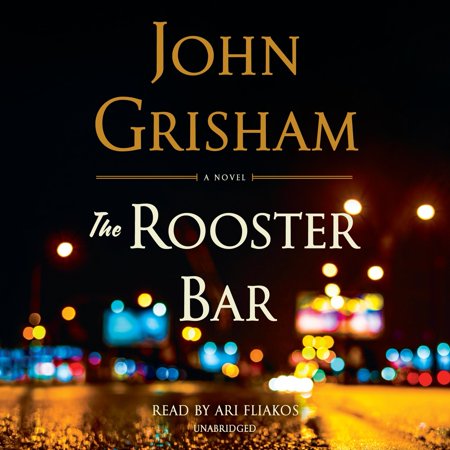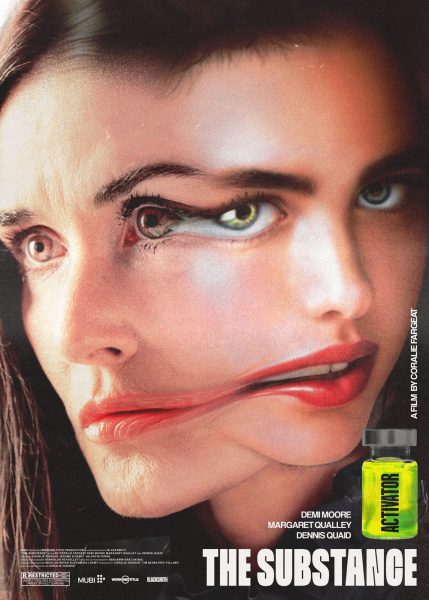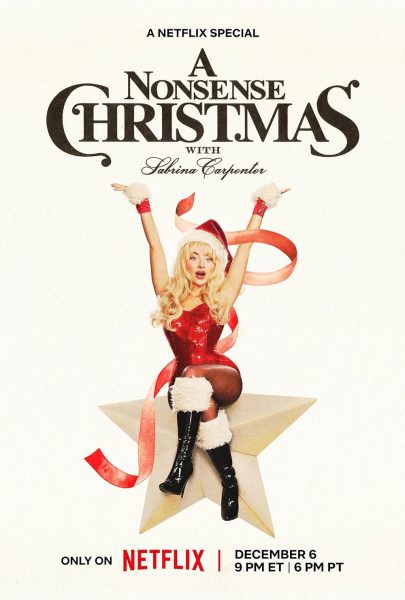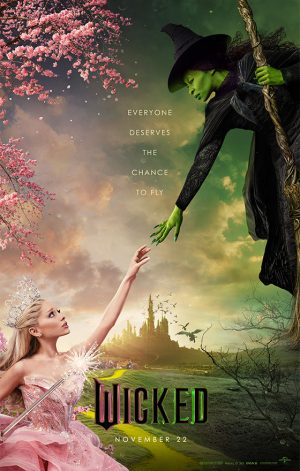‘The Rooster Bar’: A Novel of a College Scandal and Crippling Student Debt

John Grisham’s “The Rooster Bar” is a complex novel involving a legal scandal at a law school in Washington, DC. Written in 2017 and inspired by an article in The Atlantic entitled “The Law School Scam,” Grisham writes this book to reflect a law school scandal similar to what The Atlantic wrote about.
“The Rooster Bar” follows the journey of Todd Lucero, Mark Frazier, and Zola Maal. These three are third-year law school students at Foggy Bottom Law School (FBLS), an institution in the heart of DC. All three characters are students at an illegitimate law school; the school provides them very little opportunity for success, while subjecting their students to take out hundreds of thousands of dollars of loans that they need to pay back with at high interest. Their school is known as a “diploma mill” meaning it is an institution of higher education that provides a sub-par academic experience and a diploma for a hefty cost. FBLS also does not adequately prepare its students for the Bar exam, which is a standardized test that ensures that individuals coming out of law school are able to perform well so that they can start practicing law.
Zola Maal’s boyfriend, Gordon Tanner, starts to become mentally unstable because he stops taking his medication for his bipolar disorder. Zola asks Todd and Mark if they can come over to his apartment and help control Gordon, who is acting insane. When Todd and Mark come over, they find that Gordon has created a diagram depicting Hinds Rackley, the man who owns FBLS, and all of the other schools that he owns. The diagram shows that Rackley runs many schools and ensures that the students of these schools are stuck in extreme student debt, while Rackley is gaining millions of dollars from his scheme. A few hours later, Gordon gets drunk and sneaks out of the apartment and commits suicide by jumping off of a bridge, leaving Todd, Mark, and Zola to figure out what to do about the law school scheme.
The trio realize that their future at FBLS is bleak and won’t provide them with a fulfilling life in the upcoming years. They all decide to stop attending class and they don’t alert any of their professors or fellow students. Todd and Mark get a job at a bar called “The Rooster Bar” and move into the apartment above the bar. Todd, Mark, and Zola soon thereafter set up an unlicensed law firm and all three pose as lawyers, even though they are unlicensed, and hunt for clients in the DC courts and hospitals. After some time scavenging the courts for clients, Todd, Mark, and Zola start to realize that their “law firm” is not a good idea and people are starting to figure out that they are illegitimate lawyers. Then, the group decides to take part in a class action lawsuit against Swift Bank, one of the banks involved in the law school scandal, and make up thousands of fake clients and obtain an immense amount of money that they are supposed to give to their “clients,” but since they made up names, they keep the money for themselves. They set up a hedge fund in the Caribbean and they know that they will not be able to live safely in the US, so they flee the country and create new identities for themselves. By the end of the book, they end up in Senegal and buy an unused bar and name it “The Rooster Bar.”
In The Atlantic’s article, “The Law School Scam,” the author writes about how a lieutenant colonel came to speak at Florida Coastal School of Law’s commencement ceremony and he discussed the various problems he saw at the for-profit law school. Halfway through his speech, the school’s president asked him to leave. Florida Coastal is a for-profit law school and there are many issues involving those types of schools including as The Atlantic writes, “admit large numbers of severely underqualified students; these students in turn take out hundreds of millions of dollars in loans annually, much of which they will never be able to repay. Eventually, federal taxpayers will be stuck with the tab, even as the schools themselves continue to reap enormous profits.” “The Rooster Bar” truly echoes this story and consists of a plot that is very similar to the problems and drama involving for-profit law schools like Florida Coastal.
After reading this novel, I found many similarities to a variety of situations that are occurring in universities around the US, as well as the fact that many college students take on an incredible amount of student debt in order to be a part of higher education, even though this book was written in 2017. I realized that the general law school scam that “The Rooster Bar” revolved around is very similar to certain universities’ somewhat sketchy admission decisions due to various factors, but especially parents paying and lying their way in for their kid. A recent scandal that came to mind was the Lori Loughlin USC scandal. Loughlin and her husband, Mossimo Giannulli, paid $500,000 to a nonprofit admission schemer, Rick Singer, so that their daughter could gain admission to USC. They ended up paying a lot of money for both of their daughters to attend USC. Their youngest daughter, Olivia Jade, has been very much involved in the scandal, especially given that her parents classified her, as well as her sister, as crew recruits for USC. This, as well as many other college admission scandals, truly connect with one of the main topics in this novel. As unfair and horrific as the law scandal in “The Rooster Bar” was, it was a good tactic to draw the reader in, given how many of these college scandals seem to occur each year.
I also thought it was a good idea of Grisham to include student debt as a large component of this book. So many college students, as well as college graduates, take on and need to pay back a pretty hefty amount of money in order to experience higher education and be viewed as competitive for the workforce. I thought that his discussion of debt can connect with so many readers, given the large amounts of money most college students must pay per semester to learn and progress as individuals.
As much as this book can connect with many of its readers, I was also quite disturbed by the lack of moral compass and any identification of the characters involving themselves in humane actions. What all of the characters were doing in the book was fascinating, but also very disturbing because I never really thought about how there could potentially be unlicensed lawyers creating a fake practice and obtaining clients. This can also relate to the lack of morals within our society in general, especially revolving around college admissions and sketchy for-profit institutions. There are so many scandals and universities around the world that seem to be rudimentary in their actions and morals, and it made me think about how corrupt many aspects to our society are.
“The Rooster Bar” was full of unexpected twists and turns which made it engaging for me as a reader. I also think that the topics he chose to focus on in his book could also interest the reader given how debt and college scandals can relate to so many individuals. “The Rooster Bar” was well written with a great plot that made me want to keep reading — it is a hard to put down book! While the lack of values in the characters made the book entertaining, it also made me think about how so many people in our world can be affected by unlicensed lawyers, and also being caught up in these scandals and crippling student debt. Overall, I thought “The Rooster Bar” was a well written novel that kept me wanting more; and if you are looking for a college scandal thriller and adventure, this is the book for you.
Your donations directly fund the Lane Tech student journalism program—covering essential costs like website hosting and technology not supported by our school or district. Your generosity empowers our student reporters to investigate, write, and publish impactful stories that matter to our school community.
This website is more than a publishing platform—it's an archive, a research tool, and a source of truth. Every dollar helps us preserve and grow this resource so future students can learn from and build on the work being done today.
Thank you for supporting the next generation of journalists at Lane Tech College Prep!






